Headphones Showdown: Noise-Canceling vs. True Wireless vs. Over-Ear
Introduction
In today’s bustling world, selecting the perfect headphones involves weighing various factors to suit personal preferences and lifestyle needs. This article dives into the comparison between three popular types of headphones: Noise-Canceling, True Wireless, and Over-Ear, analyzing their strengths and weaknesses to guide you towards an informed decision.
Understanding Noise-Canceling Headphones
What are Noise-Canceling Headphones?
Noise-canceling headphones utilize advanced technology to actively reduce ambient noise, providing a more immersive listening experience.
Pros of Noise-Canceling Headphones
Noise-canceling headphones excel in minimizing background noise, ideal for travelers and those in noisy environments.

Cons of Noise-Canceling Headphones
However, these headphones often come with a higher price tag and may require frequent charging due to their active noise-canceling features.
Exploring True Wireless Earbuds
What are True Wireless Earbuds?
True wireless earbuds offer complete freedom from wires, connecting to devices via Bluetooth for a seamless audio experience.
Advantages of True Wireless Earbuds
They are incredibly portable and convenient for daily use, perfect for active individuals and commuters.
Drawbacks of True Wireless Earbuds
Yet, some users find issues with connectivity and sound quality compared to their wired counterparts.
Diving into Over-Ear Headphones
What are Over-Ear Headphones?
Over-ear headphones are known for their comfort and immersive sound, encasing the ears entirely for enhanced audio quality.
Advantages of Over-Ear Headphones
They provide superior sound quality and comfort for extended listening sessions, making them ideal for audiophiles.

Disadvantages of Over-Ear Headphones
However, they can be bulky and less portable compared to other headphone types, impacting their suitability for travel.
Comparative Analysis
Sound Quality
Each headphone type offers distinct sound profiles, catering to different preferences from crisp highs to deep bass.
Noise Isolation
Noise-canceling headphones excel in blocking external noise, whereas over-ear headphones passively isolate noise through their design.
Comfort and Fit
Over-ear headphones are often favored for comfort during extended wear, while true wireless earbuds offer lightweight alternatives for active lifestyles.
Use Case Scenarios
Travel
Noise-canceling headphones are optimal for frequent flyers, eliminating airplane engine noise for a peaceful journey.
Work and Study
Over-ear headphones with their superior sound quality are perfect for focusing on tasks and enjoying music without distractions.
Exercise and Outdoor Activities
True wireless earbuds are the go-to choice for workouts, offering freedom of movement and sweat resistance.
Factors to Consider When Choosing
Budget
True wireless earbuds often provide affordable options, while noise-canceling headphones can be a worthwhile investment for frequent travelers.
Personal Preferences
Choosing headphones should align with individual preferences for comfort, style, and audio quality.
Brand and Build Quality
Opting for trusted brands ensures reliability and durability, guaranteeing a long-lasting investment in quality audio equipment.
Conclusion
In conclusion, selecting the right headphones boils down to understanding your lifestyle and audio preferences. Whether it’s noise-canceling headphones for immersive travel experiences, true wireless earbuds for active lifestyles, or over-ear headphones for superior sound quality, each type offers unique benefits to cater to different needs.
FAQs
- What are the main benefits of noise-canceling headphones?
- Are true wireless earbuds good for exercising?
- Do over-ear headphones provide better sound quality?
- How long do the batteries typically last in each type of headphone?
- Can noise-canceling headphones be used without music?
This structured approach ensures a comprehensive guide to choosing headphones, balancing technical insights with practical advice for the everyday consumer.



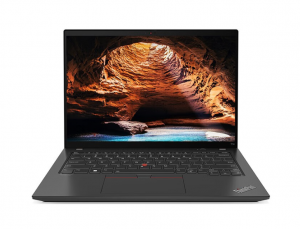
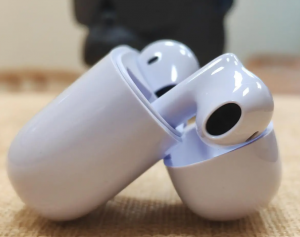
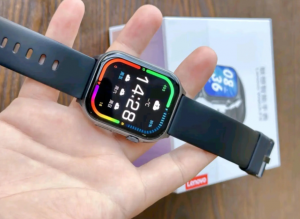

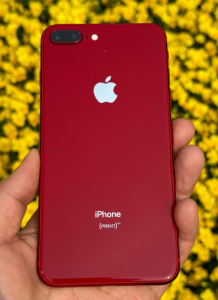
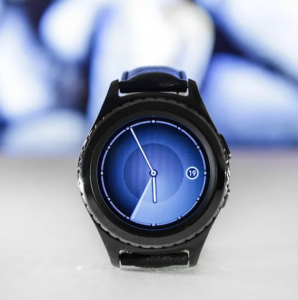

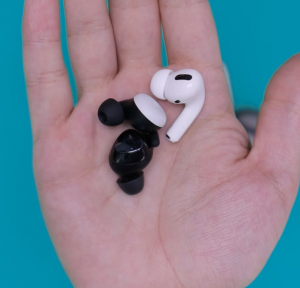

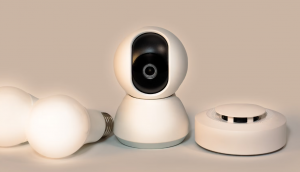
Post Comment